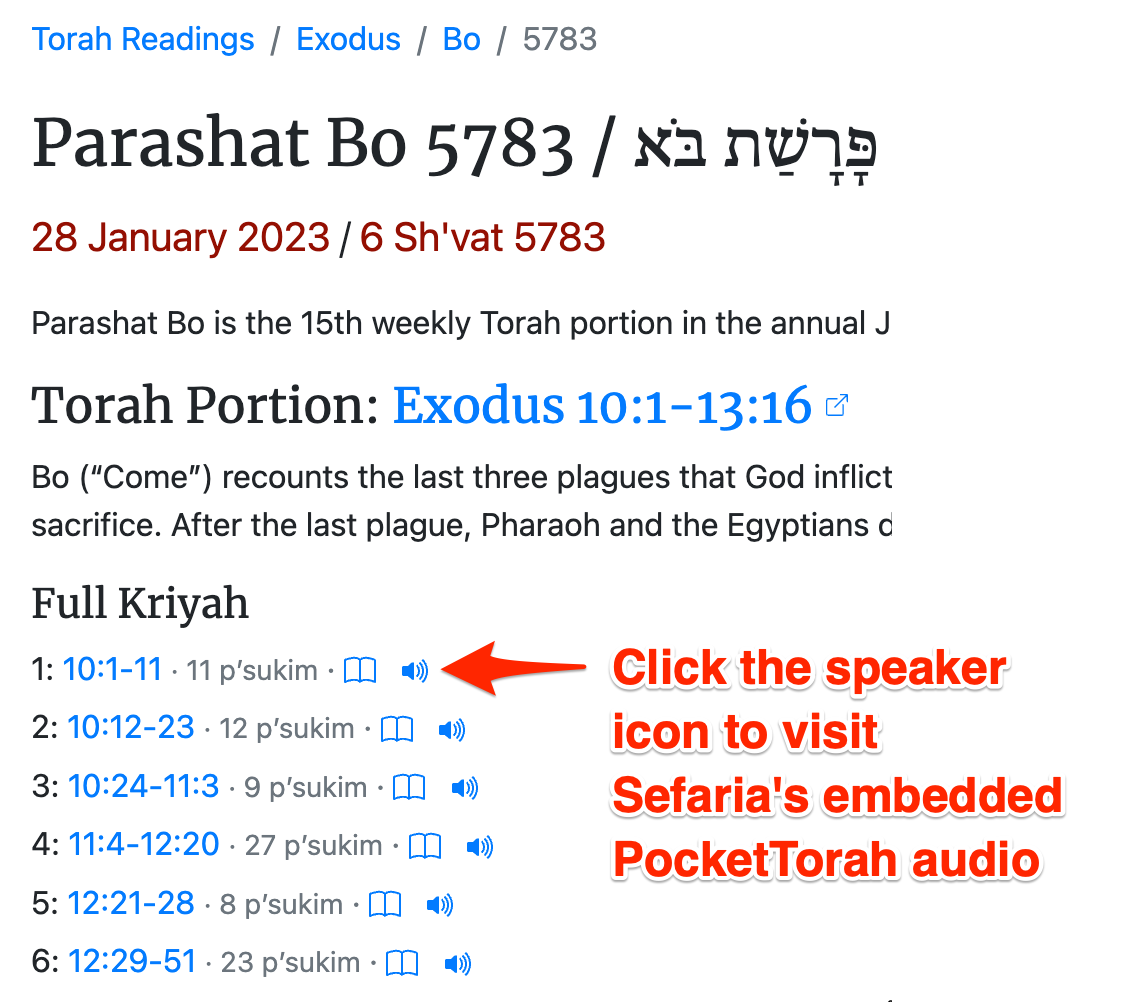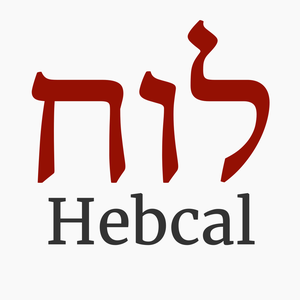Your comments
Please see above comment about the eventSources feature. Your events will be specified in a separate feed that you host yourself.
There is more detail and examples in the FullCalendar.io documentation.
Hi, thank you for using Hebcal.
Pesach 2040 / פֶּסַח 5800 begins in the Diaspora at sundown on Wednesday, 28 March 2040 and ends at nightfall on Thursday, 5 April 2040.
Although the dates on the Gregorian calendar can shift, Passover always begins on the 15th day of the month of Nisan in the Jewish calendar. So according to the Hebrew calendar, Passover can never be "early" or "not early".
Encyclopædia Britannica has an excellent introduction to the Jewish calendar.
Does this answer your question?
The ORT Navigating the Bible website has been offline for 6+ months. Hebcal removed links to their website in August 2022 after it stopped working.
You might consider trying an alternative, such as PocketTorah (free) or TropeTrainer (not free, but very high quality). Hebcal is not affiliated with World ORT or with TropeTrainer or PocketTorah.
If you visit the Hebcal parsha pages from a larger display (laptop or tablet), you can click the speaker icon to visit Sefaria's embedded PocketTorah audio. This does not work on a mobile phone because it relies on the Sefaria website. The Sefaria mobile app does not support the PocketTorah audio. See below for a screenshot.

Thanks for using Hebcal.
No, sorry, we don't have a function or a feature to export Shabbos times for multiple cities.
This is a great idea, and perhaps we'll find a way to include it on the website some day.
This bug has been fixed. Purim is now re-classified as a major holiday. Our apologies for the inconvenience, and thanks so much for bringing this to our attention.
If you subscribed to a calendar feed on Google, Apple, Outlook, or another calendar app that uses our perpetual calendar feeds, it may take up to 7 days for your calendar to refresh.
If you downloaded a copy of the calendar with only Major holidays checked, you will have to re-download to include Purim.
Oops. Checking again, it looks like we had Purim categorized as "major" up until December 2022, and it's only a recent change to minor. We'll switch this back.
Yes. To include Purim, please check the Minor holidays box on the Custom calendar creator page. https://www.hebcal.com/hebcal
Purim is one of my personal favorite holidays, and it's a huge deal in Israel, but it's generally considered a minor holiday.
We recommend looking at the FullCalendar.io examples and documents as they have excellent documentation and a large community. I personally prefer the fetch function (referenced above) instead of ajax libraries like suoeragent or axios. Again, consult the FullCalendar docs and just follow their examples.
Customer support service by UserEcho


Hi, thanks for contacting Hebcal!
To get times of the day for Beit Shemesh, you're going to want to use our Zmanim API. When specifying the location, you're going to use the geonameid parameter and the value 295432, which is the numerical ID for Beit Shemesh.
And example URL might be
https://www.hebcal.com/zmanim?cfg=json&geonameid=295432&start=2023-01-30&end=2023-02-12
Good luck! Feel free to post additional questions if you have more.